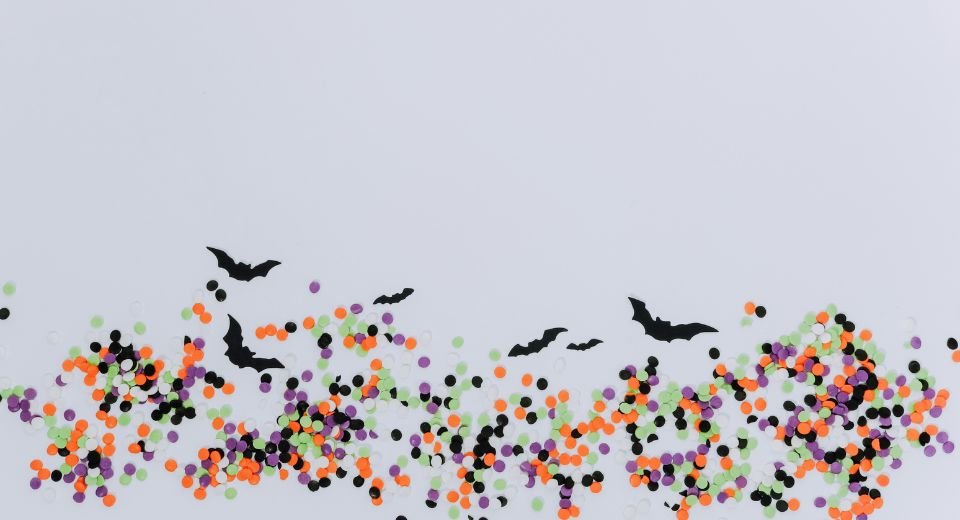HQ Team
July 22, 2024: A 14-year-old boy from India’s southern state of Kerala died due to the Nipah virus and the state has identified 63 people in the high-risk category in a bid to prevent its transmission, a state government official said.
Kerala’s Health Minister Veena George said the 14-year-from the state’s northern district of Malappuram, who was under treatment at Kozhikode Medical College for Nipah infection, had died on Sunday following a cardiac arrest.
Efforts to revive him failed, she said. “He was on a ventilator and was not conscious. The urine output had reduced this morning. After the massive cardiac arrest, the revival efforts failed,” and he died at 11.30 a.m., local television reported.
The samples were sent to India’s National Institute of Virology in the northern city of Pune, “which confirmed a Nipah virus infection,” according to a federal government statement. The government has advised the state to conduct an “active search” in the family of the boy, the neighbourhood, and areas with similar topography.
Isolation of suspects
The federal government wanted an “active contact tracing (for any contacts) during the past 12 days,” a strict quarantine of the contacts, and isolation of any suspects. It also ordered the collection and transportation of samples for lab testing.
“At the state’s request, the Indian Council of Medical Research had sent monoclonal antibodies for patient management, and a mobile BSL-3 laboratory for testing additional samples from contacts in Kozhikode. The Monoclonal Antibodies had reached before the patient died but could not be used due to his poor general condition,” according to the statement.
Outbreaks of Nipah Virus Disease have been reported in Kerala in the past, with the most recent one occurring in 2023 in the Kozhikode district. Fruit bats are the usual reservoir of the virus, and humans can become infected by accidentally consuming bat-contaminated fruits.
The Nipah virus is zoonotic and it is transmitted from animals to humans. It can also be transmitted through contaminated food or directly between people. In infected people, it causes a range of illnesses from asymptomatic (subclinical) infection to acute respiratory illness and fatal encephalitis, according to the WHO.
No treatment
Infected people initially develop symptoms including fever, headaches, myalgia (muscle pain), vomiting and sore throat. This can be followed by dizziness, drowsiness, altered consciousness, and neurological signs that indicate acute encephalitis.
Some people can also experience atypical pneumonia and severe respiratory problems, including acute respiratory distress. Encephalitis and seizures occur in severe cases, progressing to coma within 24 to 48 hours.
There is no vaccine or treatment available to treat the disease.








